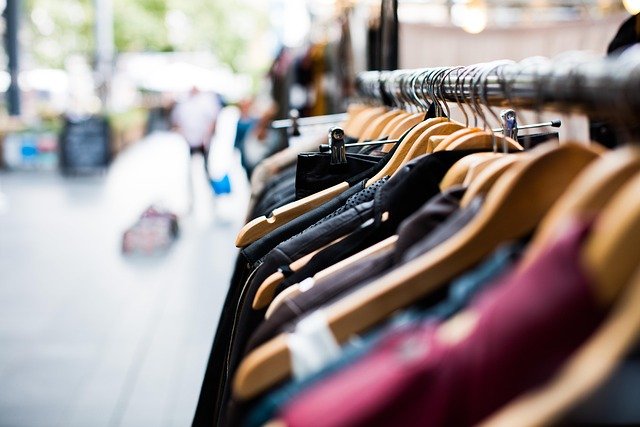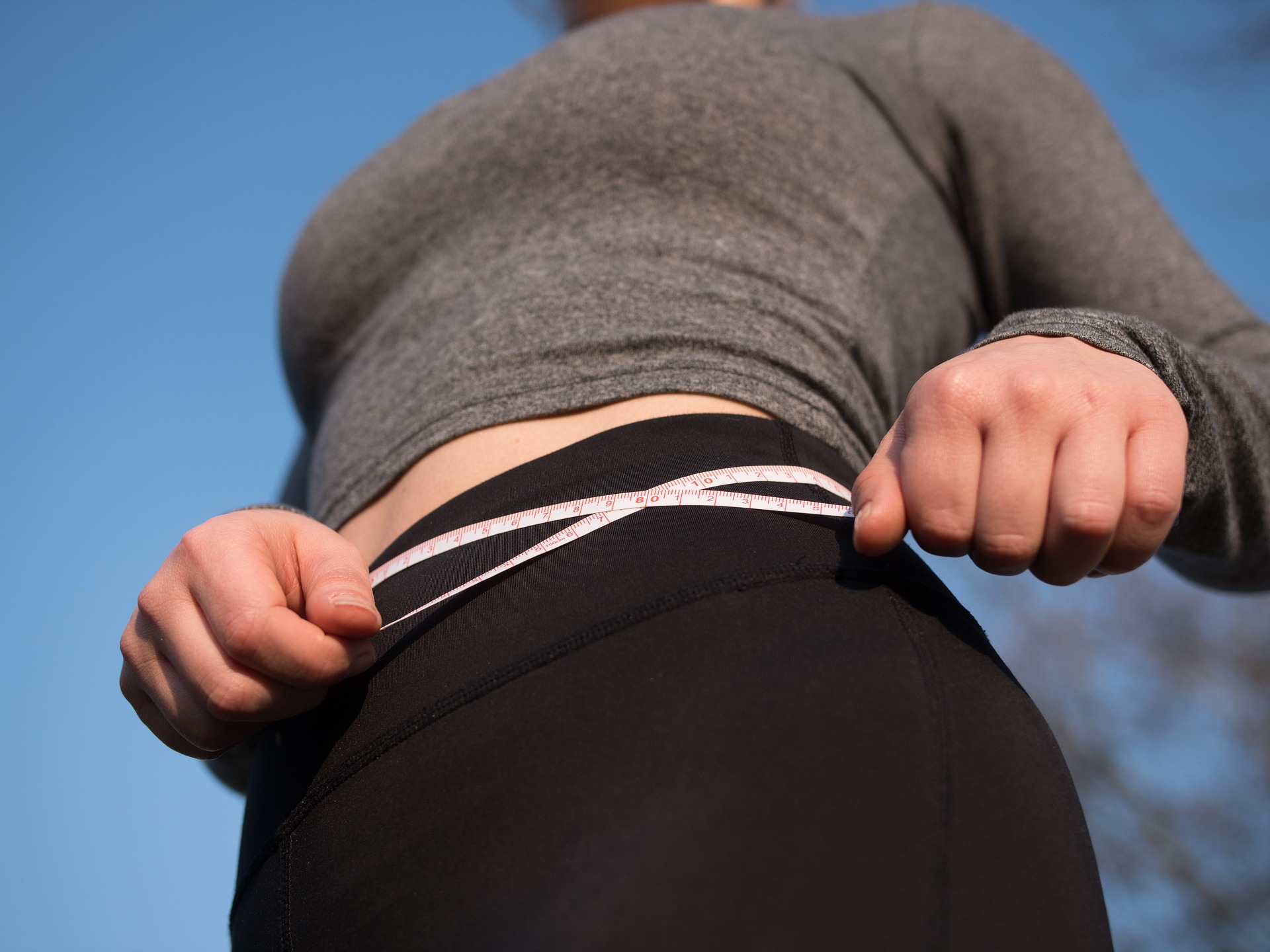Unveiling the Magic behind Fashion Psychology: A Deeper Look into the Power of Clothing
Introduction: Ever wondered why you gravitate towards certain clothes more than others? Or why certain outfits make you feel more confident? Welcome to the fascinating world of fashion psychology—a field that combines cognitive science with our sartorial choices. This article delves into the intriguing relationship between what we wear and how we feel, and how understanding this can make our shopping experiences more satisfying and our fashion choices more empowering.

The Genesis of Fashion Psychology
The concept of fashion psychology is not a new phenomenon. Historically, clothing has always been a reflection of one’s identity, status, and power. From the opulent raiments of royalty to the simple robes of monks, what we wear broadcasts a non-verbal message about who we are. It was not until the late 20th century that psychologists began to study the impact of attire on the individual’s psyche and behavior systematically.
Clothing is not just about aesthetics; it’s about communication and perception. This understanding gave rise to fashion psychology, a field that explores the relationship between clothing and our mental and emotional state.
The Current Wave: Embracing Fashion Psychology
Today, fashion psychology is gaining traction, both in the industry and in academia. Brands are hiring fashion psychologists to understand customer behavior better and create products that resonate with their target audience’s psyche.
On the other hand, consumers are becoming more conscious of their sartorial choices, understanding that what they wear can affect their mood, self-esteem, and even their performance.
The Power of Enclothed Cognition
One of the key concepts in fashion psychology is “enclothed cognition,” which refers to the influence that clothes have on the wearer’s psychological processes. In simple terms, it’s the idea that our clothes can change how we feel and act.
Research studies have shown that wearing certain types of clothes can affect our confidence levels, mood, and even our cognitive abilities. For example, people who wear formal business attire often report feeling more authoritative and competent.
The Influence of Fashion Psychology on Shopping Trends
The understanding of fashion psychology has significantly influenced shopping trends. Consumers are moving away from impulsive buying and focusing more on ‘mindful shopping.’ They are choosing clothes that not only look good but also make them feel good.
This shift has led to an increased demand for personalized shopping experiences—where the focus is on individual preferences and emotional connections to the clothes, rather than mere trends or price points.
Making Fashion Psychology Work for You
-
Understand Your Emotional Connection: Pay attention to how certain clothes make you feel. Do they boost your confidence? Do they make you feel comfortable and at ease? Understanding this emotional connection can help you make better fashion choices.
-
Dress for the Occasion: Context matters in fashion psychology. Dressing appropriately for the situation can enhance your mood and performance. For instance, wearing formal attire for an important meeting can make you feel more professional and competent.
-
Experiment with Colors: Colors can affect our mood and perceptions. Experimenting with different colors can help you understand which hues uplift your mood or make you feel calm.
-
Invest in Quality over Quantity: Instead of buying lots of cheap clothes, invest in a few high-quality items that you love and make you feel good. This approach is not only good for your wardrobe but also for your mental well-being.
In conclusion, fashion psychology offers a new perspective on the power of clothing. It goes beyond the surface-level aesthetics to uncover the deep psychological impact of our sartorial choices. By understanding this, we can make our shopping experiences more satisfying and our fashion choices more empowering. So, the next time you go shopping, remember to think about not just what looks good, but also what feels good. After all, fashion is not just about looking great—it’s about feeling great too.




